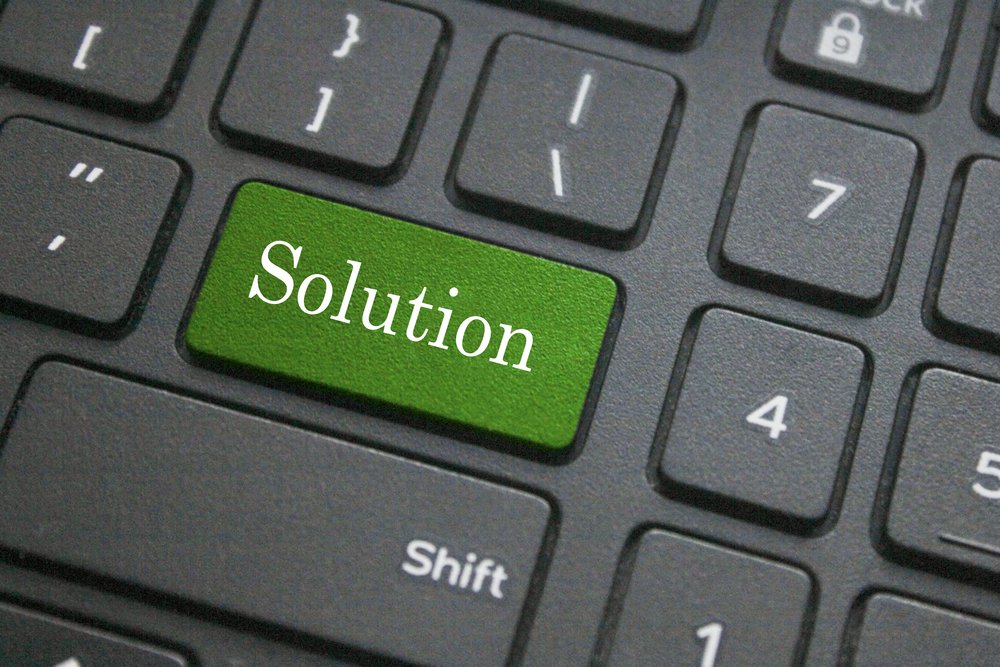Financial Inclusion is a term often used to describe unbanked and underbanked populations on planet Earth. Most people automatically think of South America, Latin America, Africa, and parts of Asian. But a new study by MasterCard shows millions of Europeans are locked out of the banking system as well. This has not hindered their employment so far.
Europe Is Unbanking On Purpose, By The Look of Things
The new study conducted by MasterCard tells a very intriguing story, to say the least. Over 138 million Europeans are cut off from the traditional banking sector, which is quite a staggering number. But on the other hand, over one in three without a bank account is employed. In a lot of cases, not having a bank account makes it virtually impossible to get paid.
What is even more telling is how this same group of people does not use a payment card either. Considering the majority of people in this group are millennials, that is anything but surprising. Millennials have no love lost for the banking system, and prefer to cut ties with traditional solutions whenever possible. None of this means they are primarily dealing in cash either, although that remains the most logical conclusion.
Mastercard President International Ann Cairns explained the findings as follows:
“For many people the concept of exclusion is often seen as a developing markets problem but today’s report shows clearly that this is as much of a problem in the perceived developed markets of Europe as it is around the world. That the tools and technology are readily available to those who are in need of inclusion demonstrates that this is a solvable problem and one that partnership, education and innovation can easily solve.”
Leave it up to companies such as MasterCard to claim this lack of financial access stems forth from a lack of knowledge. Millennials are the first demographic to see the banking system for what its is, and they know better than to get involved unless they have to. One in five even indicated they have no plans of ever using a bank account, mostly because banks cannot be trusted with their money. A very strong sentiment that sends a clear message to all financial service providers around the world.
Digital solutions are being used fairly often by this demographic of non-bank users. Interestingly enough, most apps and digital concepts require some access to the existing financial ecosystem. The only exception is prepaid cards, which are seeing a lot of success in Europe. As more platforms accept prepaid cards as a payment option, millennials and like-minded individuals can bypass banking altogether without being excluded from the system.
All of this goes to show the future of Bitcoin is looking less uncertain than people imagine. It is perfectly possible not to be part of traditional banking and still have a job or be able to buy goods and services. Bitcoin provides all of those opportunities as well, and one does not even need a bank account or payment card to convert to or from cash.
Header image courtesy of Shutterstock



